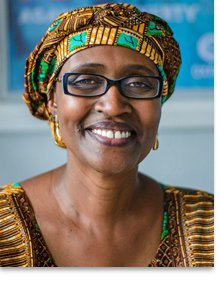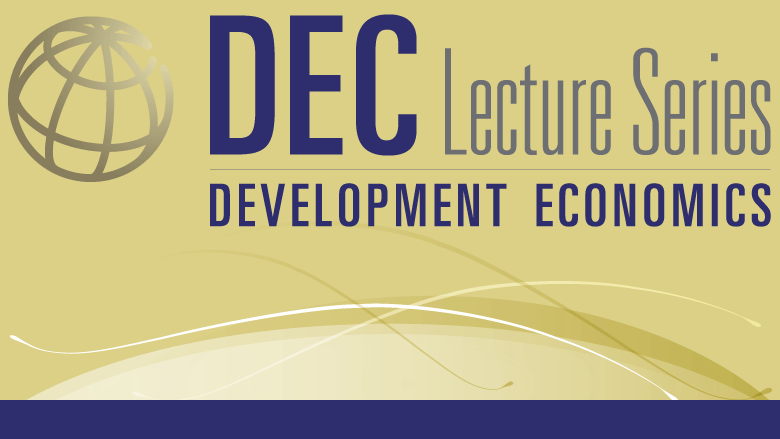


According to Oxfam International, we live in a world where just 62 people own the same amount of wealth that is shared by 3.6 billion others. At the same time, we know that billions of people, half the planet, are responsible for just 10 percent of the carbon emissions that cause climate change, while the activities of the world’s richest 10 percent produce around half of the carbon emissions. Winnie Byanyima will argue that in order to meet the Sustainable Development Goals and the world’s climate targets set out in Paris, we need to pay attention to the destabilizing effect of extreme wealth as much as extreme poverty. This means accounting for the influence of extreme wealth on our political system and our economies.
The Development Economics Vice Presidency (DEC) launched its lecture series in April 2005 to bring distinguished academics to the Bank to present and discuss new knowledge on development. The purpose of the Lecture Series is to introduce ideas on cutting edge research, challenge and contribute to the Bank's intellectual climate, and reexamine current development theories and practices. The Lectures revisit issues of long-standing concern and explore emerging issues that promise to be central to future development discourse. The Lecture Series reflects DEC’s commitment to intellectual leadership and openness in embracing future challenges to reduce poverty.
The DEC Lecture Series is chaired by Kaushik Basu, Senior Vice President and Chief Economist, and includes a presentation and floor discussion.